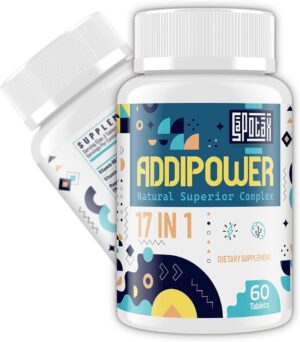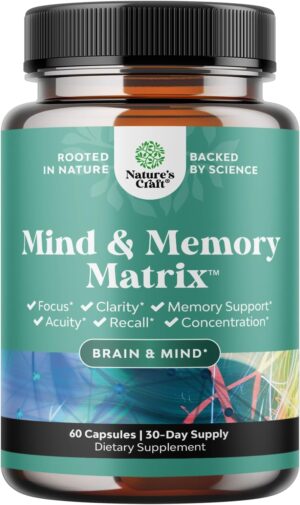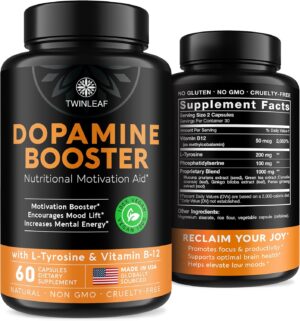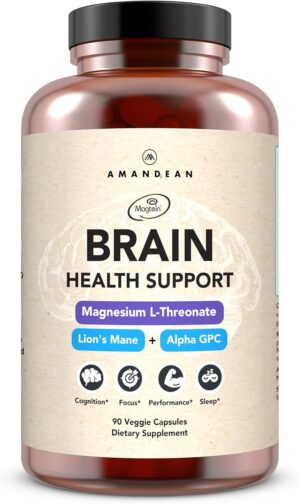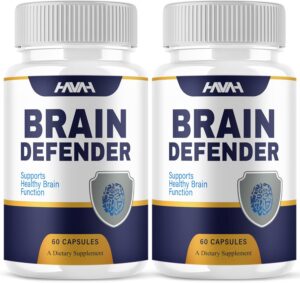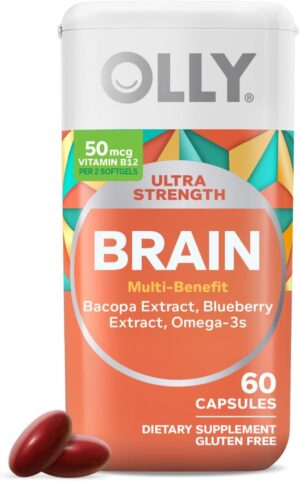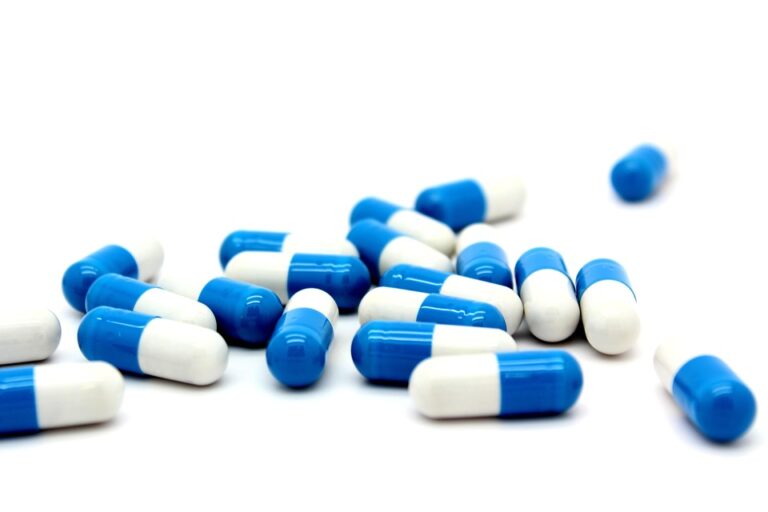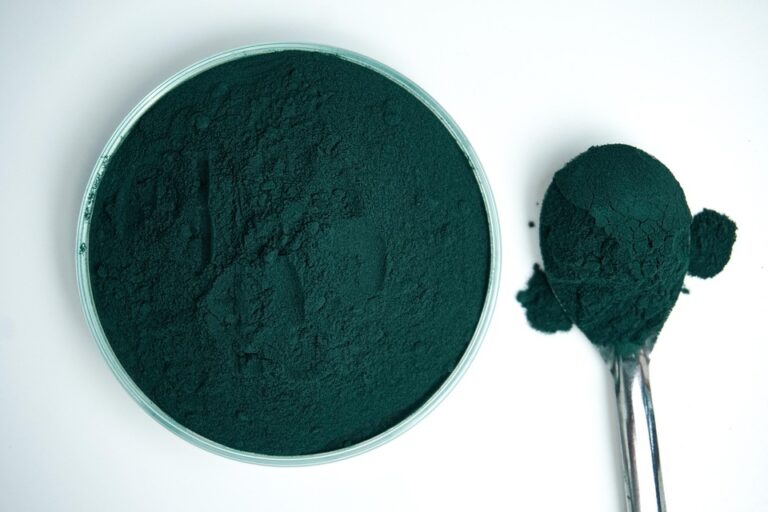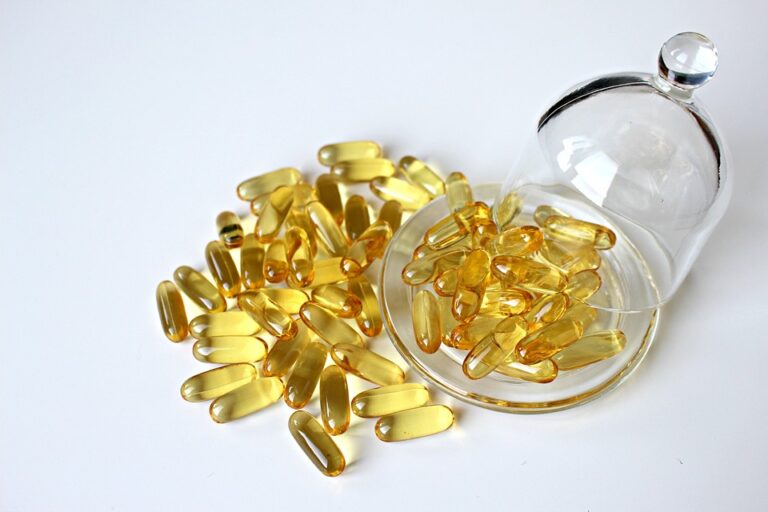Creatine, a popular supplement among athletes for boosting muscle strength and endurance, is now gaining attention for its cognitive benefits. A groundbreaking new study reveals that creatine supplementation can significantly enhance brain function, improving memory, focus, and overall mental performance.
The Science Behind Creatine and Brain Health
Creatine is a naturally occurring compound found in muscle cells and the brain, where it plays a crucial role in energy metabolism. It helps regenerate adenosine triphosphate (ATP), the primary energy currency of cells, during high-energy demands—such as intense physical activity or mental exertion.
While traditionally associated with physical performance, recent research has shifted focus to creatine’s neuroprotective and cognitive-enhancing effects. The new study, published in Neuroscience & Biobehavioral Reviews, analyzed multiple clinical trials and found that:
- Improved Memory and Learning – Participants supplementing with creatine demonstrated significant improvements in short-term memory and recall abilities, particularly in tasks requiring rapid information processing.
- Enhanced Brain Energy Metabolism – By increasing ATP availability, creatine helps sustain brain function during cognitive tasks, reducing mental fatigue.
- Potential Neuroprotective Benefits – Creatine’s ability to combat oxidative stress and support mitochondrial function suggests it could protect against neurodegenerative diseases like Alzheimer’s and Parkinson’s.
Who Can Benefit from Creatine Supplementation?
While athletes have long used creatine for physical performance, the new findings suggest it could be beneficial for:
- Students & Professionals – Enhances focus during exams or demanding cognitive tasks.
- Older Adults – May help slow age-related cognitive decline.
- Individuals with Sleep Deprivation – Reduces the mental fatigue associated with poor sleep.
Dosage and Safety
The study highlights that a typical dose for cognitive benefits ranges from 3-5 grams per day. Unlike some nootropics, creatine is well-tolerated, with minimal side effects (mostly mild gastrointestinal discomfort at high doses).
The Future of Creatine in Cognitive Enhancement
As interest in brain-boosting supplements grows, creatine stands out as a safe and effective option backed by decades of research. While more studies are needed, the latest evidence confirms its potential not just for the body—but for the mind as well.
Interested in trying creatine for cognitive benefits? Consult a healthcare professional to determine the right dosage for your needs.
Would you consider taking creatine for brain function? Share your thoughts in the comments!
This article presents the latest findings in an engaging and accessible way, making it suitable for both general readers and those interested in neuroscience. Let me know if you’d like any refinements!


